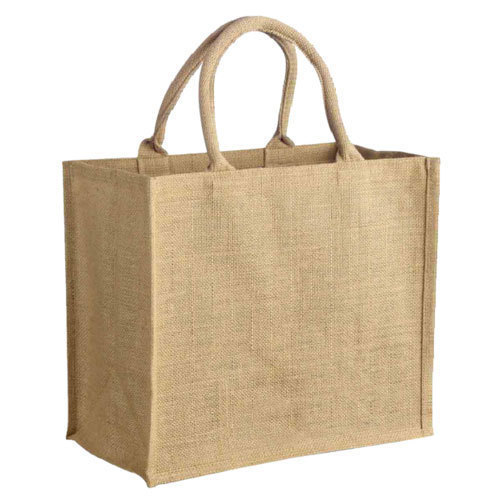Nations across the globe are collectively progressing towards implementing a ban on single-use plastics and adopting eco-friendly alternatives.
For Indians especially, those who are still laying their hands on disposable plastic bags, sad days are coming! The Prime Minister of India, Narendra Modi, has indicated on several occasions that the Government will roll out maximum restriction on single-use plastic.
“No more single-use plastics”, said Modi in front of world leaders at the United Nations General Assembly in September 2019, per a report in Business Today.
On Swachh Bharat Diwas 2019 also, the PM had urged the citizens of India to give up on single-use plastic. But do we have an alternative right now, which will come as handy and as cheap?
India is the largest producer of Jute in the world, which is a sustainable alternative for single-use plastic bags. Jute is a natural fibre and biodegradable. Not only it is eco-friendly, but jute bags are also cheap, tensile, and highly durable.

Here are four reasons that explain why a Jute bag is better than single-use plastic bags:
Environment friendly: The non-biodegradable plastics take approximately 400 years to decompose. Plastic considered as one of the major pollutants in the world poses a threat to life on earth. Whereas Jute being a natural material is eco-friendly and not hazardous to the environment, unlike plastic.
Process of production: Billions of barrels of petroleum (non-renewable source) are used to produce plastic. The United States Environmental Protection Agency stated that 30 gram of carbon dioxide is released while producing every ounce of polyethylene (PET). PET is used for manufacturing the commonly used plastic bottles. On the contrary, Jute is an eco-friendly alternative as it does not even need a lot of farming space. Crop rotation during jute cultivation improves the fertility of the soil.
Health benefits: Plastic has adverse effects on human health. It releases toxic gases like nitrogen oxides, sulphur dioxide, polycyclic organic matters, and volatile organic chemicals. Jute, on the other hand, is a plant and so absorbs carbon dioxide from the environment and releases oxygen.
Cost & Longevity: The cheap single-use plastic bag which cost around 50 paise per bag can be used only once or twice. It is neither reusable nor durable. Jute bag can cost as less as Rs. 20 and is reusable for over a year. They are also strong and durable.
Jute is any day a better alternative for single-use plastic, but a lot needs to be done for global acceptance. The industry needs more empowering, more focus, and more media presence for effective awareness. Not only will that enrich this industry economically, but also lead us to make a healthier world for us and generations to come.

